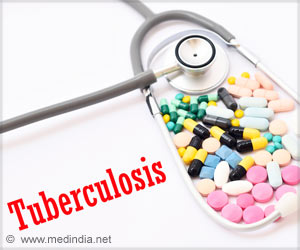The use of the corticosteroid methylprednisolone, as compared to placebo, decreased treatment failure among patients with severe community-acquired pneumonia.

Researchers randomly assigned patients at three Spanish teaching hospitals with severe community-acquired pneumonia and a high inflammatory response (defined as blood test for C-reactive protein of greater than 150 mg/L at admission) to receive intravenously the corticosteroid methylprednisolone (n = 61) or placebo (n = 59) for 5 days started within 36 hours of hospital admission. It was seen that there was less treatment failure (defined using outcomes such as development of shock (abnormally low blood pressure), need for invasive mechanical ventilation, and death within 72 hours of treatment) among patients from the corticosteroid treatment group (13 percent compared with 31 percent in the placebo group). Patients who received methylprednisolone had a 66 percent lower odds of treatment failure.
The authors write, "Among patients with severe community-acquired pneumonia and high initial inflammatory response, the acute use of methylprednisolone compared with placebo decreased treatment failure. If replicated, these findings would support the use of corticosteroids as adjunctive treatment in this clinical population."
The study is published in 'JAMA'.
Source-Medindia













